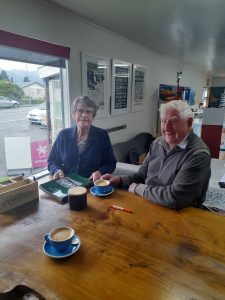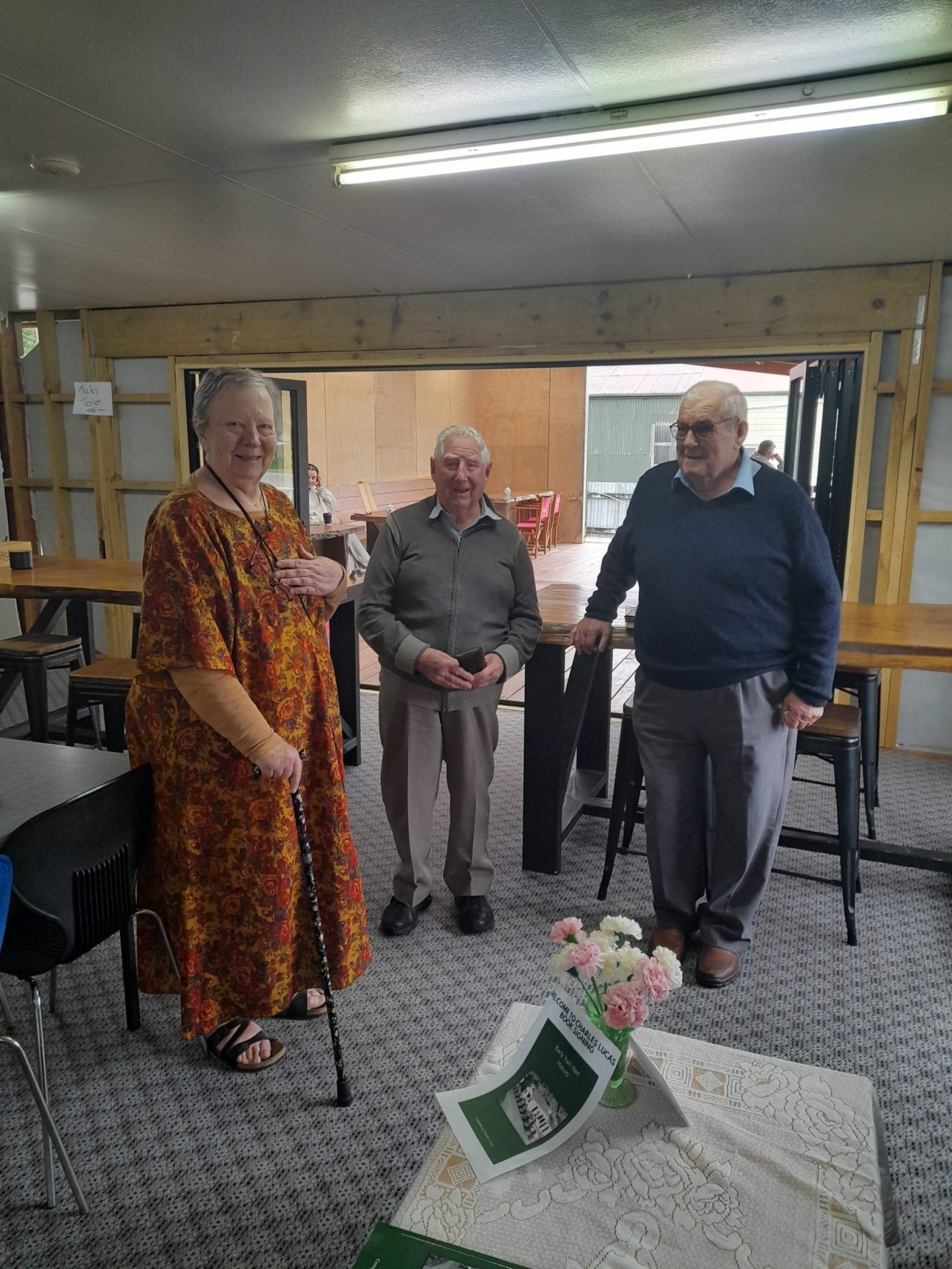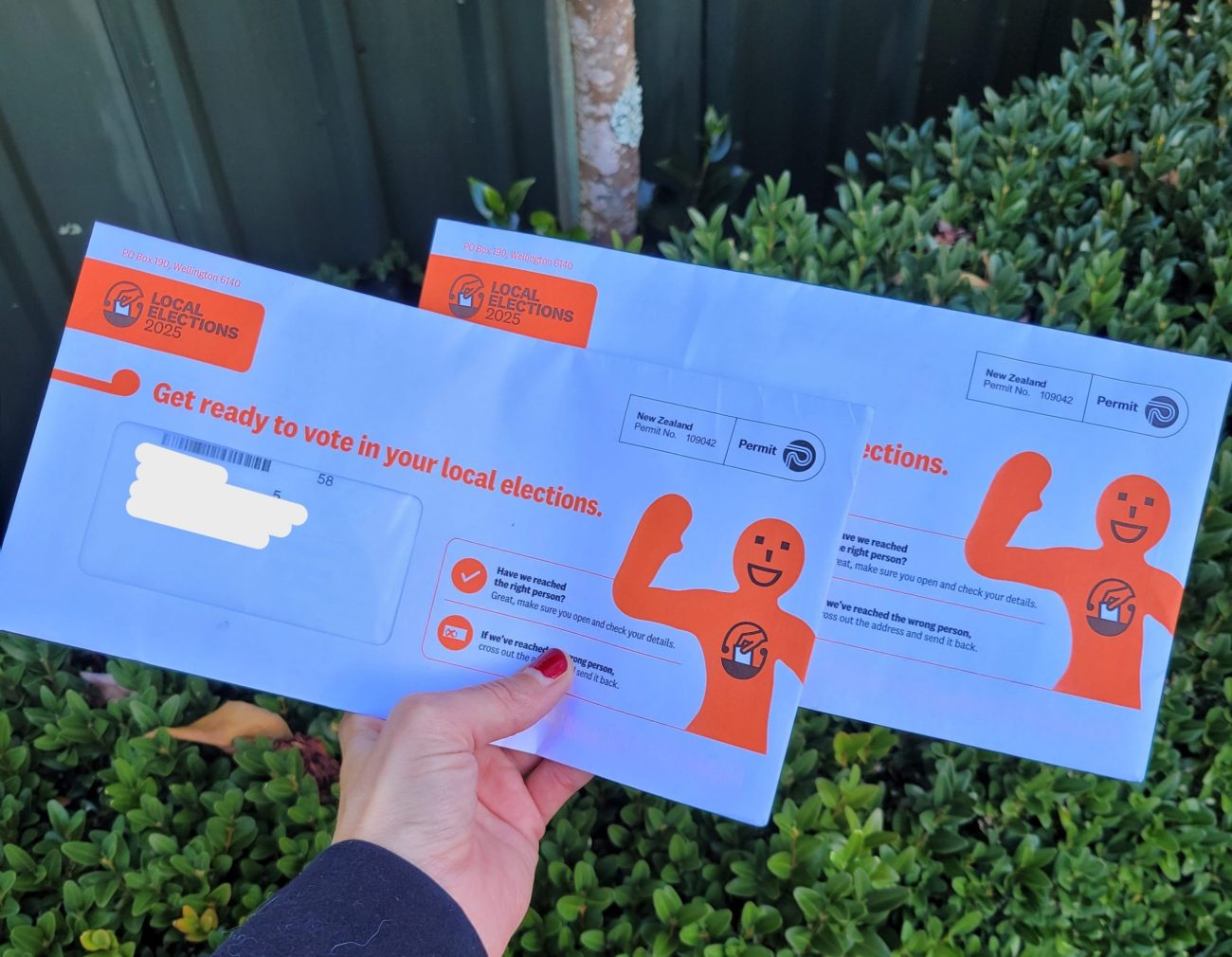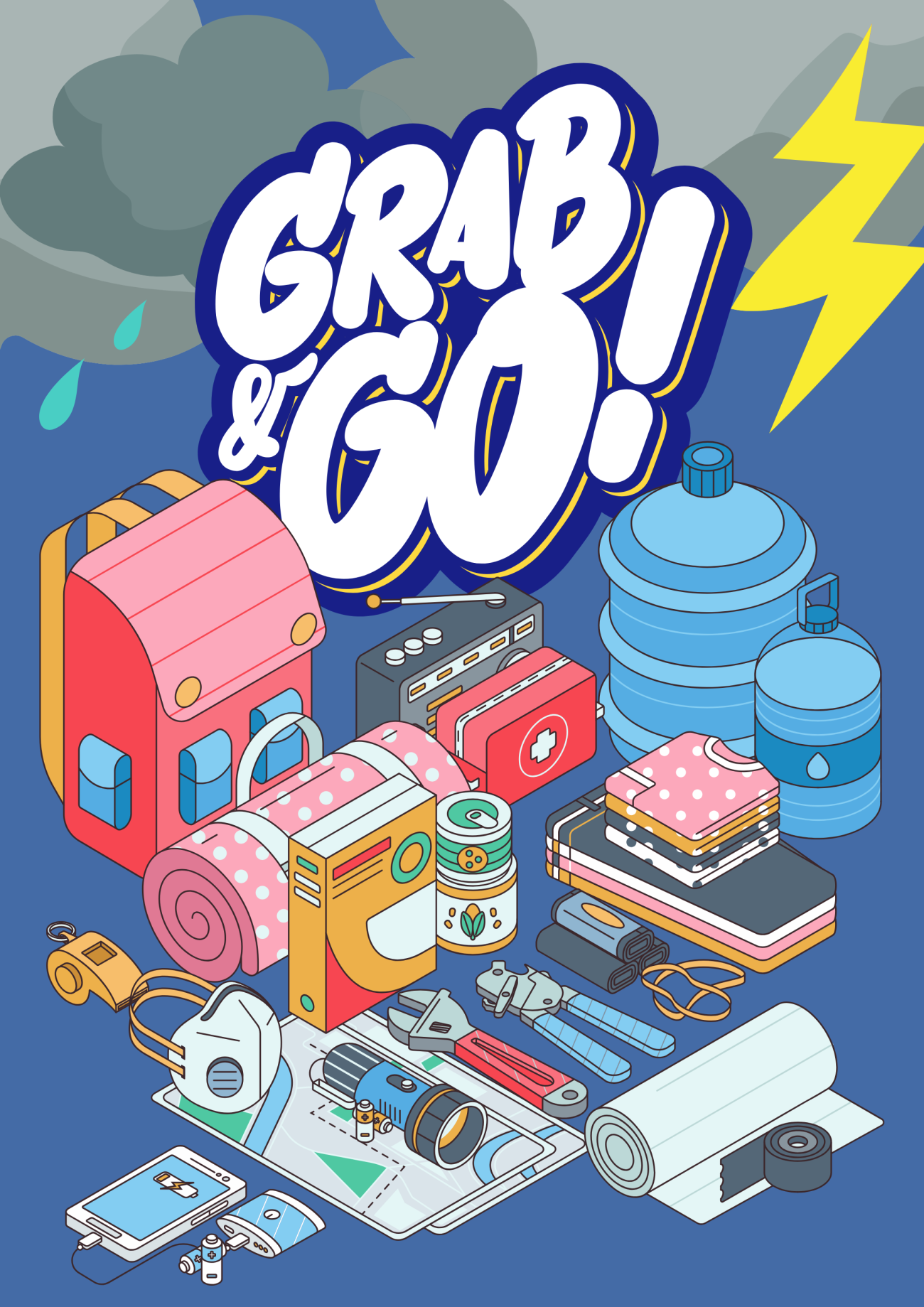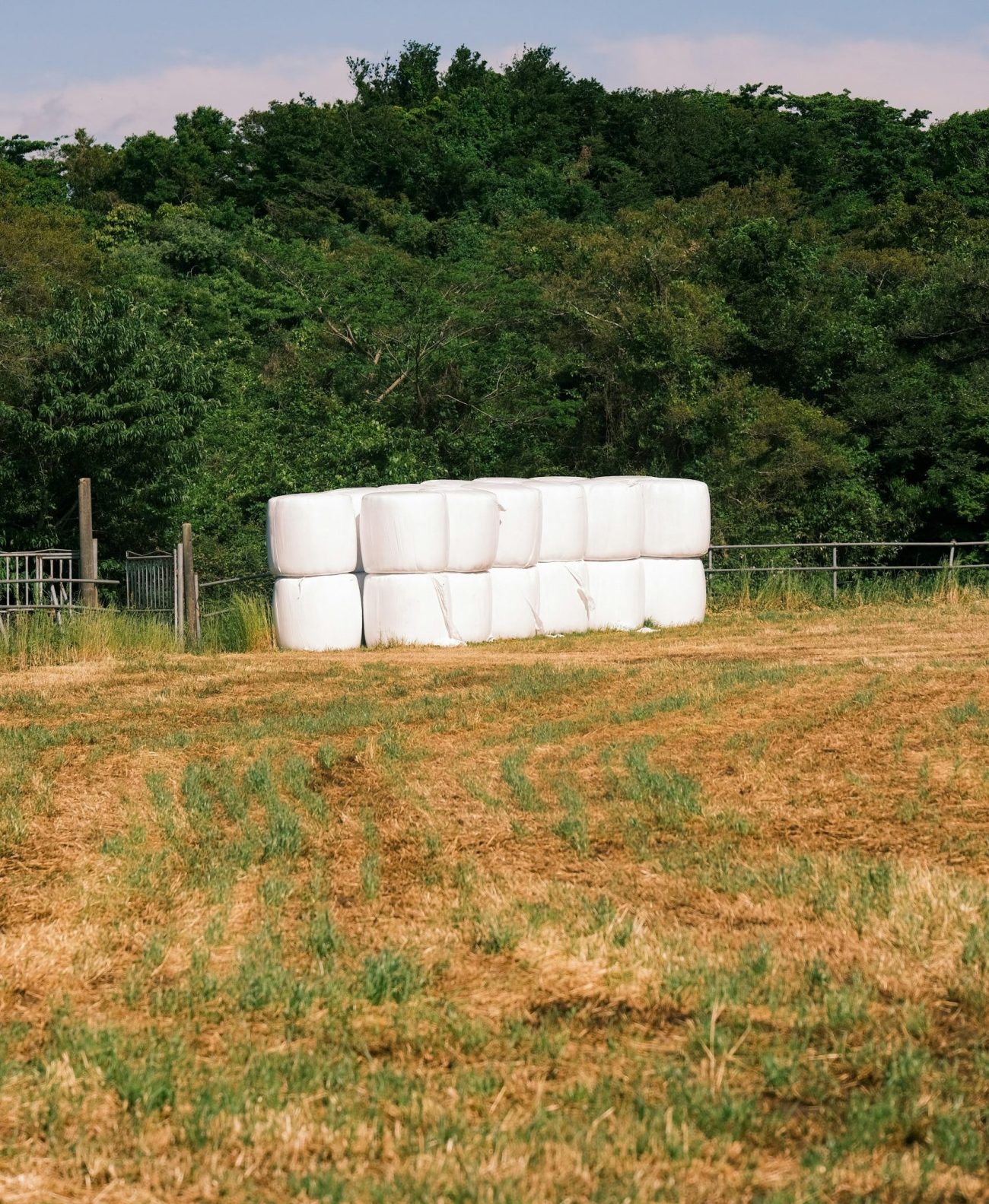What is a grab bag, and why do I need one?
Major earthquakes, tsunamis, flooding, cyclones, landslides, infrastructure failure, space weather… emergencies can happen at any time, and often with very little or no notice. One of the most effective ways you can prepare is by having a grab bag ready to go.
In a disaster, you may need to urgently evacuate your home or workplace. Roads could be destroyed or blocked, power and phone lines might be down, and emergency services could take time to reach you. A grab bag ensures you have the essential supplies to get yourself through the first hours of an emergency – keeping you safe, warm, and connected.
Your grab bag should be lightweight and easy for you to carry, whilst still housing all your essentials. If your bag is waterproof, even better! The list below can help you get started:
- Food and water: Non-perishable food, a full water bottle (at least one litre of drinking water), and water purification drops/tablets.
- Warmth and shelter: A raincoat, hat, warm layers, emergency thermal blanket, and sturdy walking shoes.
- First-aid kit: Personal medications, bandages, antiseptic, pain relief etc.
- Communication: A whistle, a battery-powered or wind-up radio and a cable and charged power bank for your phone.
- Light source: A torch with spare batteries, or a wind-up torch.
- Important documents: Photocopies of IDs and important documents (such as your insurance policies).
- Cash: ATMs and EFTPOS may not work if the power is out, so its handy to some cash in your bag.
- Other personal items: Glasses/contact lenses, hearing aids and batteries, spare keys, and anything else you can’t do without.
If this sounds expensive or daunting, just make a start and chip away at it every week. You may find that you already have everything you need for your grab bag scattered throughout your home, so re-purpose an old school bag and start packing, keeping all your essentials in one place and ready if/when you need to evacuate.
We recommend keeping items separated using sealable bags or leak-proof containers, so they don’t damage everything else if they leak, and putting reminders in your calendar to swap out your water and food before they expire, check your batteries, and recharge your power banks.
Every household is different, so tailor your grab bags to suit your family’s needs (including grab bags for animals). Keep them somewhere easy to find, like in a cupboard by the front door. It’s a good idea to make sure everybody in your home knows where they are. Have a think about what you would do if disaster struck while you were driving, or at work, and store a grab bag in your vehicle/at your workplace too. You’ll thank us if you ever find yourself stuck between landslides waiting for contractors to clear the road.
Emergencies don’t wait, and neither should you. A grab bag is a simple but powerful step towards being ready for whatever comes our way. Take the time today to prepare – it could make all the difference tomorrow.
For more advice on emergency preparedness, visit www.getready.govt.nz, and the West Coast Emergency Management Facebook page.
Stay safe,
Katrina Renshaw
Emergency Management Officer for Westland
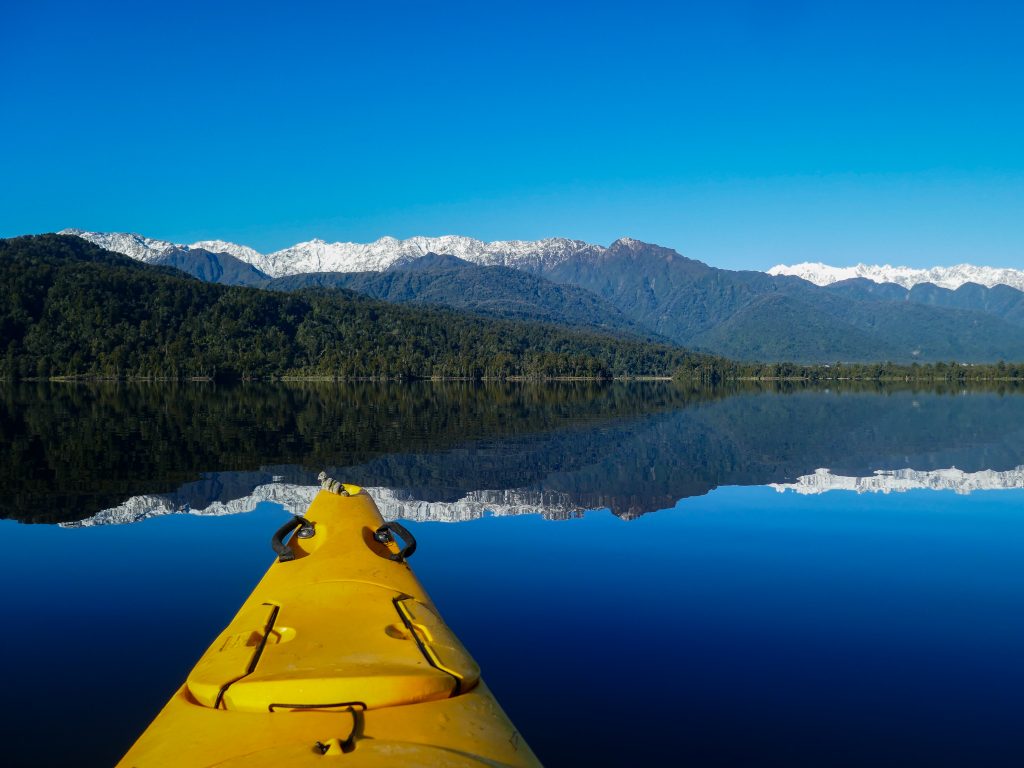

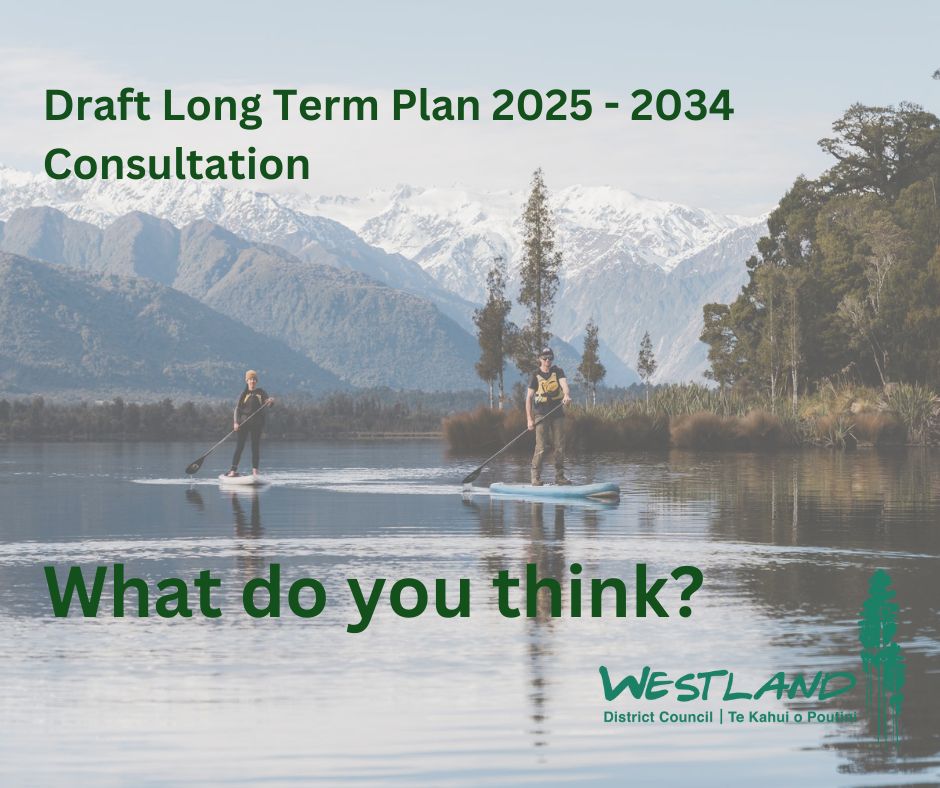
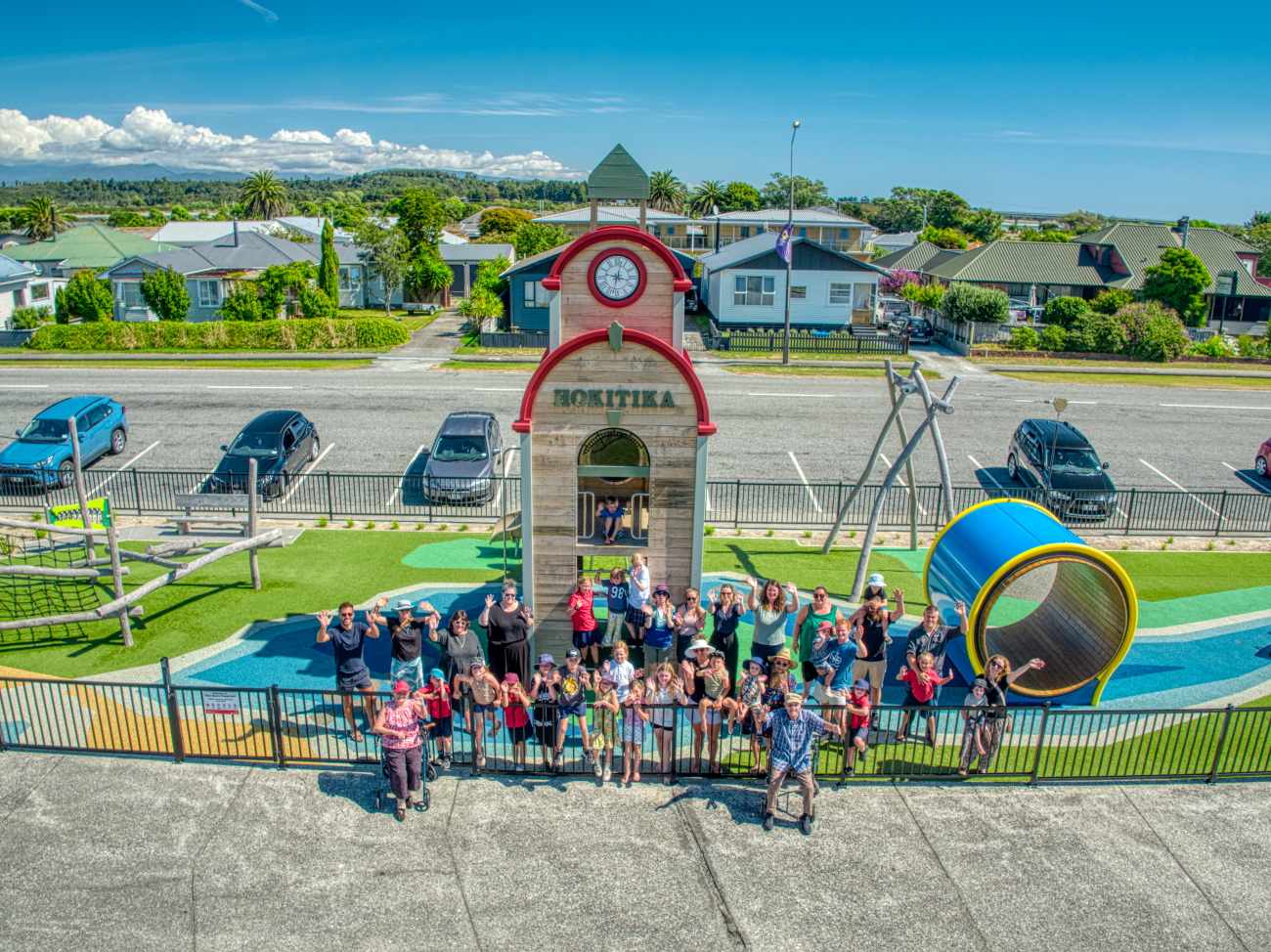
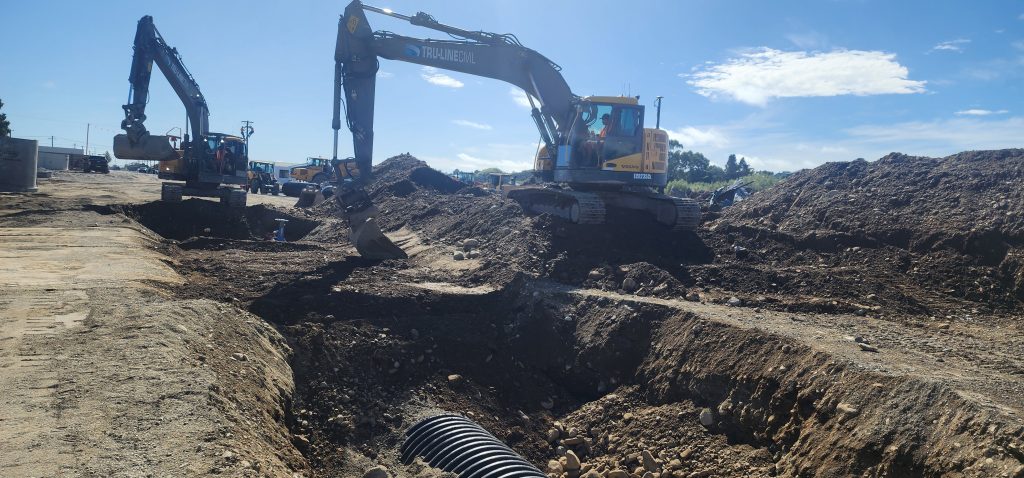
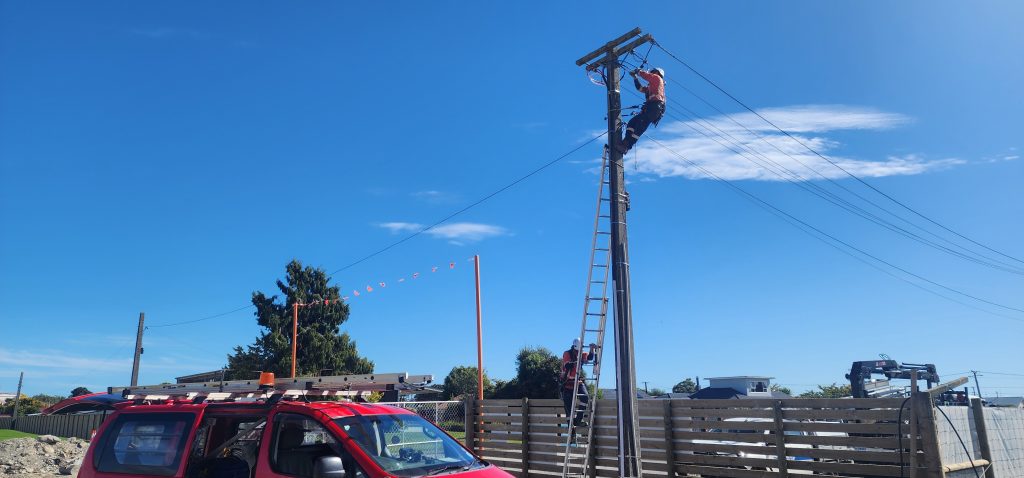
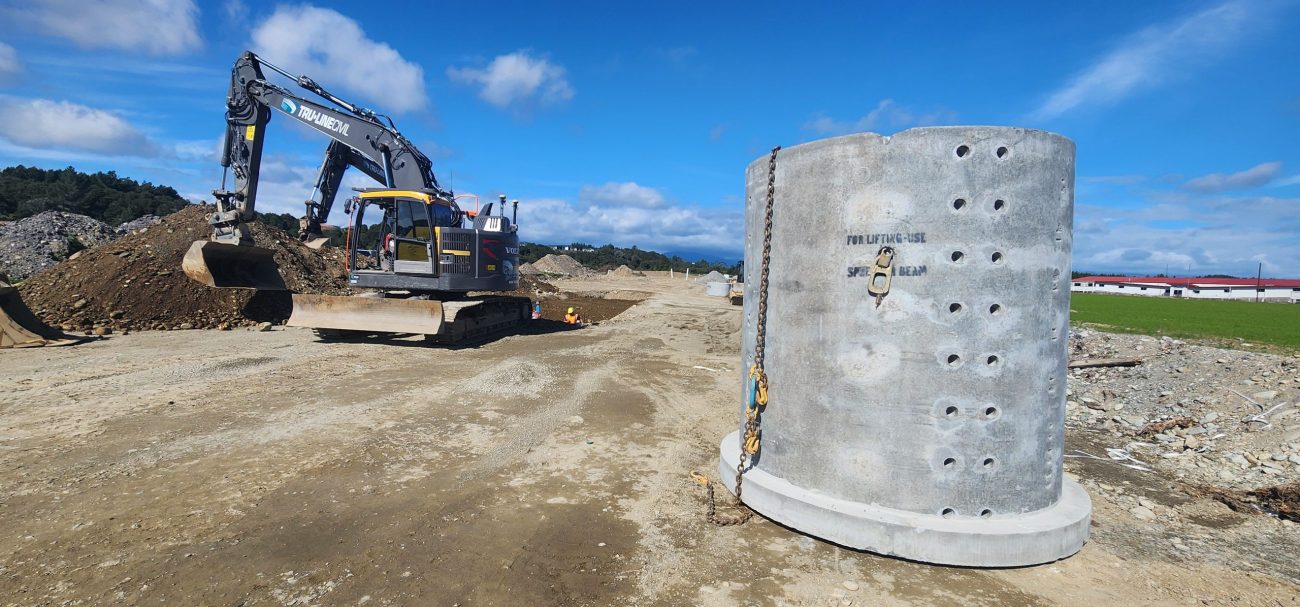
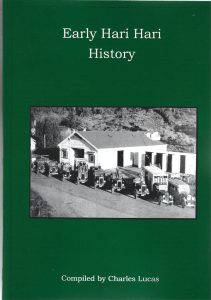 Compiled by Charles Lucas, “Early Hari Hari History” is a captivating exploration of the rich heritage of Hari Hari, a small yet historically significant settlement on New Zealand’s West Coast. With deep personal ties to the town through his ancestors, Peter and Caroline Hende—early settlers who played a pivotal role in shaping the community—Charles weaves together photographs, and historical accounts to bring the past to life.
Compiled by Charles Lucas, “Early Hari Hari History” is a captivating exploration of the rich heritage of Hari Hari, a small yet historically significant settlement on New Zealand’s West Coast. With deep personal ties to the town through his ancestors, Peter and Caroline Hende—early settlers who played a pivotal role in shaping the community—Charles weaves together photographs, and historical accounts to bring the past to life.